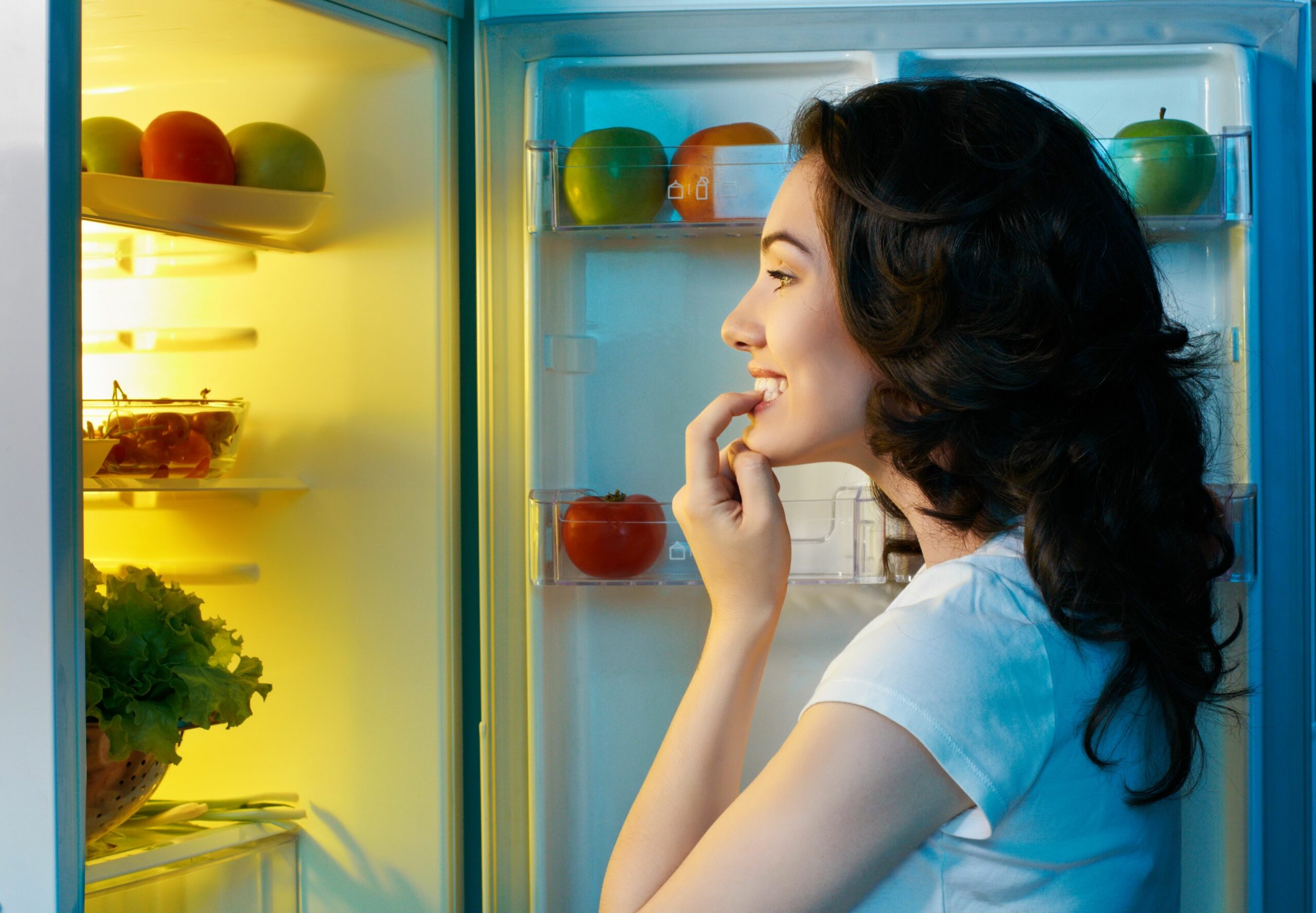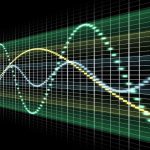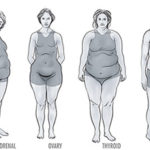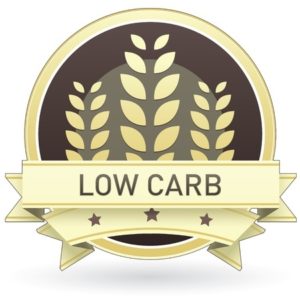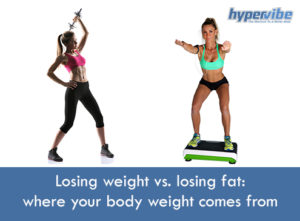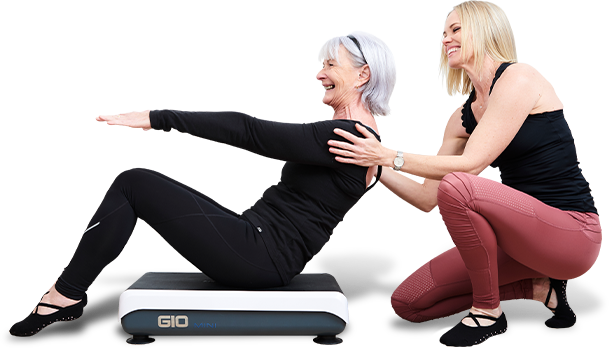Fuel Your Body Correctly to Avoid Weight Gain
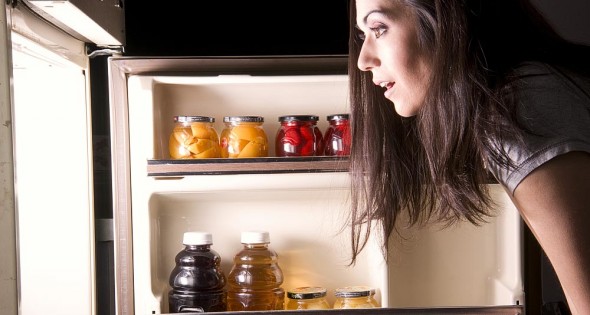
Did you ever wonder why most weight loss programs recommend scheduling dinner around 7 pm or even earlier? Because eating at night is fattening, right? Well not exactly – in fact, studies suggest that even if you have dinner later in the evening and eat mostly carbs, you’re still not likely to gain weight if your daily calorie intake doesn’t exceed your body’s energy needs.
Theoretically, maintaining a healthy weight shouldn’t be too difficult: as long as you watch your portions, pick less processed foods and have an active lifestyle, which incorporates daily physical exercises and burns more calories than you consume, your weight shouldn’t yoyo too much.
Still, if you’re not exactly an active person and you’re struggling with cravings in the evening, you might end up overeating and providing your body with more calories than it needs for functioning properly and staying at a healthy weight.
Eating more than you burn will result in weight gain whether you have dinner at 5 pm or midnight, so although eating late at night does not, by itself, lead to weight gain, those who enjoy snacking after dinner are more likely to exceed their daily caloric needs and thus more likely to put on extra pounds.
Fortunately, late night cravings and weight gain due to overeating can be prevented by knowing your body’s metabolic states and by picking the right foods for each of your meals.
How to fuel your body correctly during the day
Your organism has different needs in the morning than late at night or during the day. Right after waking up, the body is in a fasted state, as even if you have dinner at 9 pm, your organism still has to function without food for a few hours, until breakfast is served.
While in this fasted state, your blood glucose levels are low and the glycogen reserves in muscles and liver are also decreased, so your body needs carbs in the morning, to fill these energy reservoirs. Unless you provide the needed nutrients, your body remains in a catabolic state in which muscle tissue is destroyed in order for your organism to use the stored glycogen and proteins.
Although fats stored in adipose tissues could also be used for energy production, the fat metabolism is slower in the morning, so your body isn’t very efficient in destroying the adipose layers after waking up.
But a slowed down fat metabolism and a prolonged catabolic state are the last things you need if your purpose is to lose fat weight, and not muscle weight. This is why your breakfast choices do matter, and you should incorporate all groups of nutrients in your morning meal – proteins, carbs and fats, in balanced amounts.
Things are a bit different when it comes to lunch. Although your energy levels should be balanced at this point, it’s very likely for your breakfast nutrients to have worn off so you’ll need to replenish your body in order to stay active and avoid hunger pangs and tiredness during the afternoon.
Your goal for lunch should be to provide your muscles with proteins in order to avoid catabolism, and with a slightly lower amount of carbohydrates, so as to keep an even blood sugar level, as this way the organism will be energized and sugar cravings won’t kick in. So again, you should include both these nutrients in your meal, and add some good fats as well, as these help in the absorption of foods.
What about dinner?
This is the last meal of the day so you need to provide your body with enough nutrients for a 12 hours fast. Overnight, your body will be anabolic up until about 2 am, and in this state it will build muscles, will recover and repair its damaged tissues. After 2 am it will switch to the catabolic state and start to burn glycogen, to destroy muscles and to burn fats for fueling its internal processes.
Thus, your purpose when choosing your dinner should be to keep the muscles in the anabolic state for longer, and to help your body burn the stored fats for energy, instead of the glycogen and proteins found in muscles. This is what will help you lose fat and prevent you from gaining weight.
The best choice for a non-fattening dinner is a meal that’s loaded with proteins and provides a moderate dose of fats and a very low amount of carbs. It doesn’t really matter if you eat this meal at 9 pm or 1 am, but keep in mind that it takes from 30 to 60 minutes for foods to be digested and for nutrients to be absorbed. If you’re having dinner at 1 am, it will be more difficult to keep the body in the anabolic state for longer.
Remember these two simple principles:
– If your purpose is to lose weight, you need to burn more calories than you eat or to reduce the caloric intake if you’re a sedentary person, so as to create a caloric deficit by the end of the day.
– If your goal is to maintain your current weight without cutting on calories, or to prevent night cravings and weight gain caused by overeating, you need to fuel your body with the right nutrients at the right moment.
If you’re already applying these rules, or have other tips for weight maintenance, we’ like to hear from you! Feel free to leave your comment below, or join our community on Facebook!


